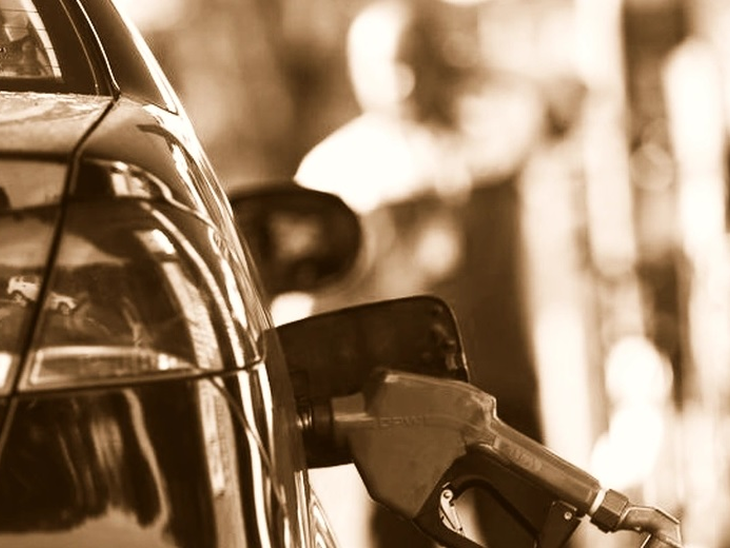Petrobras changes gasoline and diesel prices for distributors.
During the year, Petrobras' prices for distributors will see accumulated reductions of R$0.27 for gasoline and R$0.44 for diesel
T&B Petroleum/Petrobras Agency20/10/2023 22:45

"Starting from Saturday, October 21, Petrobras will reduce its average selling price of gasoline A to distributors by R$ 0.12 per liter, bringing it to R$ 2.81 per liter. Considering the mandatory blend of 73% gasoline A and 27% anhydrous ethanol for the composition of gasoline sold at the pumps, Petrobras' portion of the consumer price will be, on average, R$ 2.05 per liter at the pump.
For diesel, Petrobras will increase its average selling price of diesel A to distributors by R$ 0.25 per liter, making it R$ 4.05 per liter. Considering the mandatory blend of 88% diesel A and 12% biodiesel for the composition of diesel sold at the pumps, Petrobras' portion of the consumer price will be, on average, R$ 3.56 per liter at the pump.
In the year, the accumulated variation of Petrobras' selling prices for both gasoline A and diesel A to distributors shows a decrease. Gasoline has seen a reduction of R$ 0.27 per liter, while diesel has experienced an accumulated reduction of R$ 0.44 per liter throughout the year.
"The commercial strategy we've adopted at Petrobras in this management has been successful, especially in making Petrobras competitive in the market and at the same time avoiding passing on volatility to consumers. Proof of this is that throughout this year, even with the Brent value higher than last year, the prices of our products have accumulated decreases, which is very different from what happened in 2022," says Jean Paul Prates, President of Petrobras.
It is important to clarify that the implementation of the commercial strategy, as a replacement for the previous price policy, incorporated parameters that reflect the best pricing conditions for Petrobras in terms of refining and logistics. Initially, this allowed the company to reduce its gasoline and diesel prices, and in recent weeks, mitigate the effects of volatility and sharp price increases in the external markets, providing periods of price stability for its customers.
At this time, the fundamentals of the external and internal markets, as well as the parameters of Petrobras' commercial strategy that seek competitive pricing by product and location, have resulted in distinct movements for each product. For gasoline, the end of the seasonal period of higher global demand means greater availability and devaluation of the product compared to oil. On the other hand, for diesel, there is a sustained global demand with the expectation of seasonal increases, resulting in the appreciation of the product compared to oil. With Petrobras operating at the limit of its operational optimization, including supplementary imports, it becomes necessary to make adjustments to achieve balance with the market and marginal values for Petrobras.
Aware of the importance of its products to Brazilian society, the company reiterates that in determining its prices, it seeks to avoid passing on the conjunctural volatility of the international market and the exchange rate, while preserving a healthy competitive environment in accordance with current legislation.
It should be noted that the final price charged to the end consumer at the pump is also affected by other factors such as taxes, biofuel blending, and distribution and retail profit margins.
"It's always worth remembering that the final price of products is not determined by Petrobras, as it encompasses other factors. An example of this is LPG (cooking gas), which remains at a stable price in refineries, where a 13kg cylinder costs an average of R$31.66, while the average consumer price exceeds R$100 per 13kg cylinder," explains Prates.
Transparency is essential In order to contribute to price transparency and better understanding by society, Petrobras publishes on its website information regarding its portion and that of other agents in the formation and composition of average fuel prices for consumers.
We invite you to visit the prices website."




